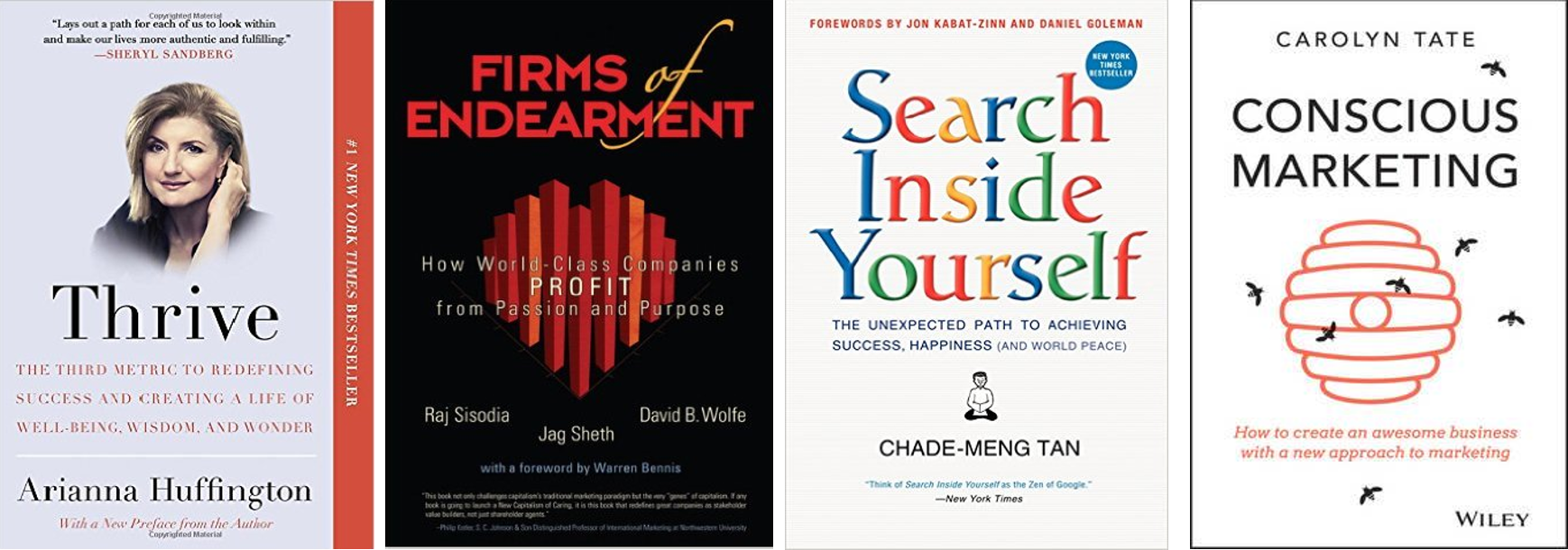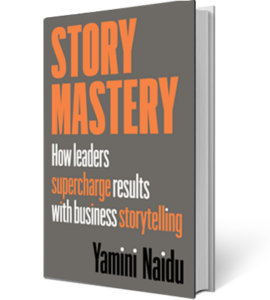I’ve just spent September criss-crossing the globe, working with leaders, entrepreneurs and educators in the UK, Canada and USA. Is there a point to this shameless bragging?! Yes: I discovered three emerging trends that fill me with optimism.
The quest for purpose
Businesses are in search of meaning. Hitting profit and performance goals alone seems strangely hollow. Companies now need to know what difference their work makes in the world. Leading this shift are companies like Toms. The shoe company’s purpose is not footwear; it’s about improving lives.
Dr Raj Sisodia’s book, Firms of Endearment, is a key work in the pursuit of a conscious approach to capitalism. Simply stated, doing good is good for business. Thought leader Carolyn Tate nails it when she declares ‘I believe the biggest disruption in the business world in the next 10 years is not going to come from advancements in technology, but from advancements towards purpose.’
The ‘humanising’ of work
This is my label for a smorgasbord of initiatives. A key focus is untethering employees from the 24/7 demands of technology. At the vanguard is German company Daimler which created a vacation email tool. Describing the impact, board member Wilfried Porth said: “Our employees should relax on holiday and not read work-related emails. With ‘Mail on Holiday’ they start back after the holidays with a clean desk. There is no traffic jam in their inbox. That is an emotional relief.”
Author and entrepreneur Arianna Huffington’s work is seminal to this shift. Inspired by Daimler, she says: “At HuffPost we’ve always made it very clear that no one is expected to check work email and respond after hours, over the weekend, or while they’re on vacation.”
While email might be the most insidious ball and chain that tethers us, there are many other imaginative ways to humanise work – it’s best to ask the humans in your workplace what would work for them.
The rise of mindful practices in leadership and day-to-day business
Mindfulness has gone mainstream more quickly than kale in the past decade, with the charge led by companies such as Google and Apple. While mindfulness might evoke stereotypical images of cross-legged Buddhist monks and incense, nothing is further from the truth.
Harvard Business Review defines mindfulness as ‘practicing non-judgmental, present-moment awareness’ and states that it changes the brain in ways that anyone working in today’s complex business environment – and certainly every leader – should know about.
Backed by decades of robust neuroscience and delivering measurable business results (increased engagement, productivity and innovation) mindfulness allows the ability to focus, with a clear and calm mind.
It’s the difference between working every day with a mind swirling with debris, or a mind as clear as a glass of water. Google now make its program available publicly through the Search Inside yourself Institute.
Could all this be just a fad though? Like the wheatgrass shots of the ’90s? Two things feel right about these trends. The first is how aligned they are – previously we have always felt the contrary pull of decentralising versus centralisation, off-shoring versus on-shoring. Here, all three trends work in harmony: mindful leaders,leading purposeful work with employees in a humanised workplace. It ticks all my boxes.
It also feels right on another level. I don’t think we’ll look back on this – like we do with the images of mullets from the 80’s – and say WHAT were we thinking?
In fact, we might look back and be able to pinpoint the exact moment when both work and business emerged as a force for good.
Books Referenced in the blog –


Story Mastery
Discover stories from leaders like you, who have applied these simple steps and achieved career-defining business results. Storytelling is not a natural gift, but a skill you can learn.
Recent Posts
You Won’t Believe What I Saw in the Park

My name is Yamini Naidu, and I’m an addict

One power move for every time you present

Fascinating, but I’m not sure I could – can you?

One technique that changed my presentations forever

I went psycho in the gym this morning
Categories
- Books2
- Business storytelling articles37
- Business storytelling examples47
- Business storytelling techniques75
- Business Storytelling training64
- Case Study5
- Conference Speaker3
- Examples of Story66
- Inspiration33
- Interview with…7
- Latest Posts185
- Life hacks3
- Presentation Skills17
- Speaking11
- Technology3
- Thoughts111
- Uncategorized3
- X Factor12
